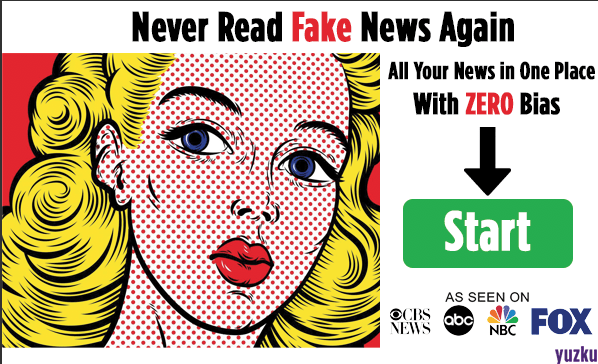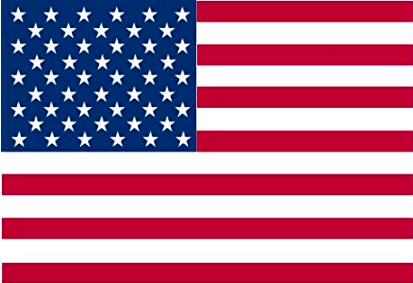U.S. Supreme Court Will Not Shield Remington Gun Maker From Sandy Hook Lawsuit
On Tuesday, the U.S. Supreme Court handed down a massive blow to the firearms industry, by refusing Remington Arms’ bid to block a lawsuit filed by families of the victims of the 2012 Sandy Hook school shootings. The families feel Remington is liable since they are the maker and marketer for the AR-15 style rifle used in the massacre.
Members of the court opted not to listen to the gun maker’s appeal, and justices didn’t comment about the case as it was turned down.
Remington manufactures the Bushmaster AR-15-style rifle, which Adam Lanza used to kill 20 children and six adults at Sandy Hook Elementary School.
The families of the victims filed their lawsuit in December 2014, which said the Bushmaster rifle should never have been sold to the public because it is a military weapon. The lawsuit states Remington violated Connecticut’s unfair trade practices law because the gunmaker “knowingly marketed and promoted the Bushmaster XM15-E2S rifle for use in assaults against human beings.”
Remington’s attorneys say the case offers a close examination of gun laws in America — specifically, how to interpret the 2005 Protection of Lawful Commerce in Arms Act, which grants immunity to dealers and gun makers from prosecution over crimes committed with their guns.
The 2005 law has several exceptions, one of which allows lawsuits against the manufacturer or seller that knowingly violated state or federal laws which govern how a product is sold or marketed.
The lawsuit filed by the victims’ families also claims Remington “published promotional materials that promised ‘military-proven performance’ for a ‘mission-adaptable’ shooter in need of the ‘ultimate combat weapons system.’” The suit also blames the gun maker of promoting a “lone gunman” narrative when Remington marketed the Bushmaster, citing its advertisement that declared, “Forces of opposition, bow down. You are single-handedly outnumbered.”
The lawsuit has moved back and forth from state to federal court. Initially, the suit’s claim was centered on negligent entrustment — supplying a weapon to someone who plans to commit a crime with it — but now the case is centered on the way Remington marketed the weapon.



 RSS
RSS
